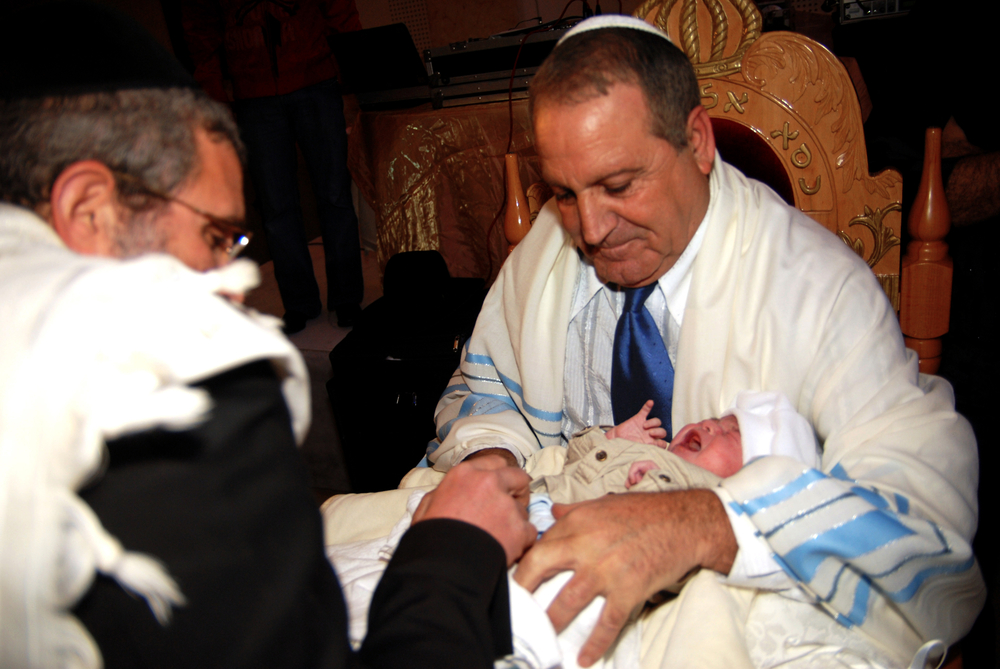Moshe’s Honest Confession
Sacrifices, in general, contain complex laws as to when certain portions of them should be eaten and by whom. An interesting episode, concerning these laws, transpired in this week’s Torah reading (Shmini 10:16 – 10:20). Moshe (Moses) confronted the sons of his brother Aaron, and rebuked them for refraining from eating a particular sacrifice.
Aaron defended their actions by explaining that this was indeed what God had intended them to do for this specific sacrifice. Moshe accepted their defense and admitted, “You are right, I indeed did not hear from God that this sacrifice should be eaten.”
Our Sages make a point out of this episode, stressing how our great leader Moses admitted his mistake publicly without shame (see Rashi). Not only that, the Midrash (Vayikra Rabbah 13:1) tells us that Moshe sent messengers throughout the camp of the Jews specifically to announce his mistake publicly.
Leadership Rooted in Truth
The Torah and Moshe are hereby teaching us here a great lesson. This mistake that Moshe had made was not a mistake that could have resulted in any grave consequences. The matter at hand was regarding a law pertaining specifically to that situation that was no longer relevant after this episode.
Furthermore, Moshe was the great leader of the entire nation whom everyone turned to for guidance and to learn the will of God. Moshe was God’s emissary to teach His word, the Torah, to all. By Moshe admitting his mistake publicly, he was risking losing the level of respect which the nation had for him until that point.
They could have started to doubt his accuracy in transmitting God’s word to them. Yet, Moshe disregarded all these factors and announced his mistake publicly without shame.
What is the secret of the great power Moshe possessed that allowed him to do so freely without hesitation? And why did he make a special effort to make this point known to the public?
The Power of Truth Over Ego
Rabbi Chaim Shmuelevitz (in Sichot Mussar) offers the following explanation: Moshe was seeking nothing but the absolute truth in life. When one seeks the truth, all personal considerations pale in significance.
Moshe loved the truth. And so, when he realized that he had made a mistake, he wanted nothing else but to make sure that truth was restored to its full glory.
To accomplish this to the fullest extent, he sent messengers around to publicize the truth, without any considerations for the impact this might have on his personal image.
A Modern-Day Example: The Honest Principal
Shimon (a pseudonym) was a bright boy and applied himself to his studies. In junior high, however, he started slacking off and taking his studies less sincerely. As a result, for the following year, the principal decided to place him in the lower track class.
When Shimon’s parents were informed of this decision, they were not happy. They contacted the principal a number of times and attempted to persuade him to place Shimon in the higher track class, claiming that within a short while he will surely get back on track and apply himself with diligence.
The principal, who was less biased and had many years of experience in education, insisted that Shimon would not feel comfortable in the more intense environment and would be less successful. At the parents’ persistence, the principal relented, against his better judgement.
Sure enough, Shimon turned a corner and was blossoming. A few months into the year, the principal called the parents and told them, “I just wanted to let you know how much your son is succeeding in his studies. By now it is obvious that Shimon has set himself on a new track. You were right about the decision to place him in that class, and I was wrong.”
The principal could have abstained from saying anything. But when one lives seeking the truth, he is willing to admit his mistakes, as he strives to let the truth be known and set the record straight.
Ego vs. Integrity
Admitting that we are wrong is extremely challenging. Sometimes we are forced to do so and have no choice.
More often than not, we face these challenges in our personal lives, without anybody knowing about them. We may be convinced that a certain way of thinking is legitimate or that a certain course of action we have taken is correct, when suddenly, something shakes our confidence.
Our initial reaction, which stems from our ego, is to dismiss the thought and continue on.
The ability to own up to one’s mistakes is a virtue – not a weakness. (And more often than not, such an act is admired by others too.) If we want to lead a life of truth, we must learn to love the truth with a passion.
The drive for truth will empower us to defeat our ego and admit when we are wrong. By doing so, we will enable ourselves to lead a truly good and honest life.
By Rabbi Yitzchok Aryeh Strimber torah4every1@gmail.com


